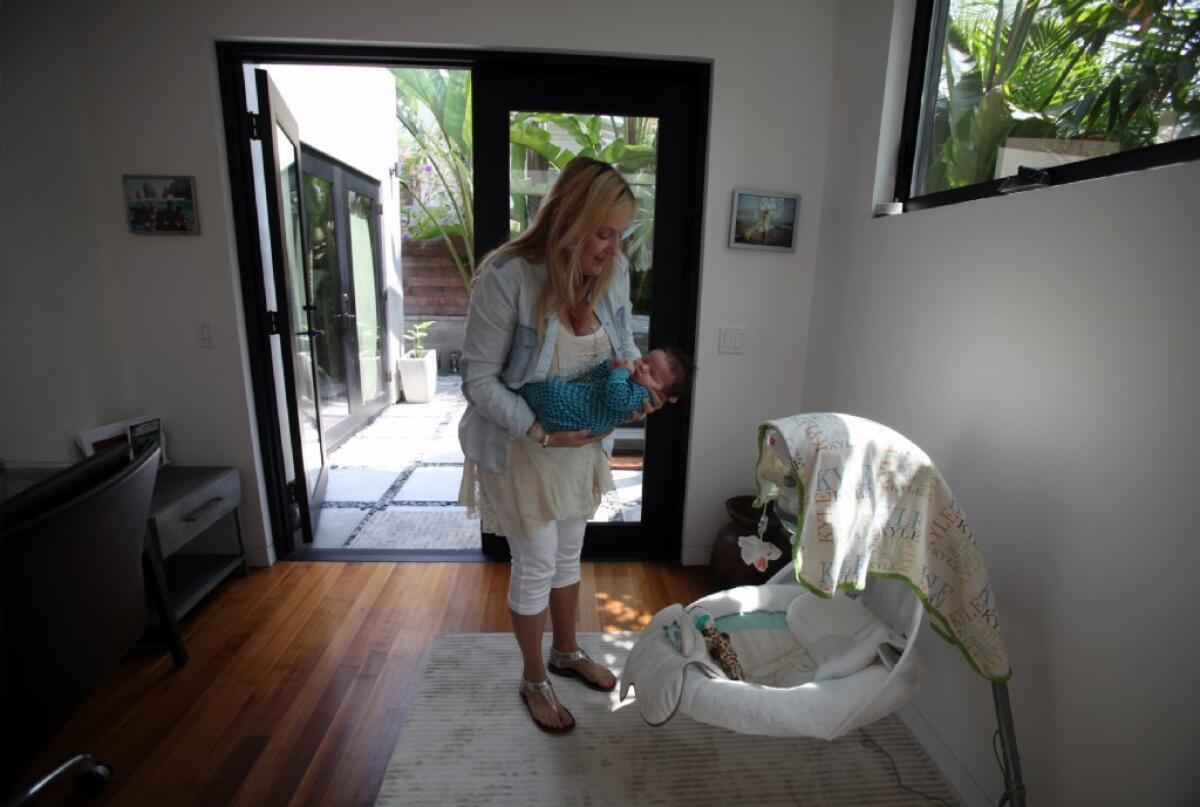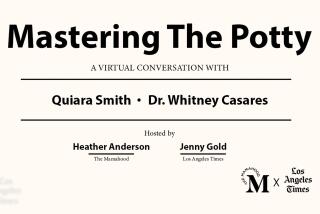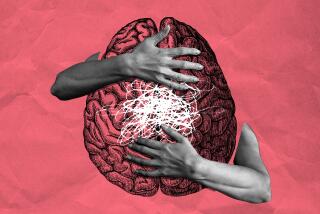Napping helps infants form memories, study shows

Babies are champion learners: Born with just a few basic reflexes, they quickly teach themselves to navigate their world by observing, remembering and making sense of their surroundings, the language spoken around them and the nature of such elusive notions as time, space and permanence.
Babies are also champion nappers, snoozing away the majority of each day in brief interludes of peaceful slumber.
It turns out those two facts about babies are probably related. When it comes to learning, those naps are at least as purposeful as they are peaceful.
A new study suggests that, for babies, napping plays a key role in the formation of declarative memories--the process of learning from first-hand experience what things are and do, how they work, and how they relate to one another and to the self.
While few of us have explicit memories of infancy, it is a period when the young human is committing to long-term storage a vast trove of facts that can later be retrieved at will. That “declarative memory” will become the basis for a lifetime of further learning.
Without timely naps, new research suggests, much of what babies learn about the world around them might be promptly forgotten. If frequent daily naps did not follow intensive learning sessions in the first years of life, our path to walking, talking and purposeful exploration would probably take longer. It might not happen at all.
Researchers from the Ruhr University in Bochum, Germany, and the University of Sheffield in Britain explored the purpose and timing of babies’ naps with a series of experiments on 6- and 12-month-olds. Their findings were reported online this week in the journal Proceedings of the National Academy of Sciences.
Because most babies at those ages are not yet talking, the researchers had to find a nonverbal way to measure how the timing of sleep influenced the strength of a memory. Four furry puppets--two resembling mice and two resembling rabbits, each wearing a detachable felt mitten on one hand--helped researchers infer whether or not a baby had successfully committed his or her experience with the puppets to memory and stored that information for later use.
On a researcher’s first visit to a baby’s home, he or she sat across from baby and caregiver, showed the baby the puppet, and demonstrated how the mitten could be removed, how shaking the mitten would cause a little bell inside the mitten to tinkle, and how the mitten could be replaced on the puppet’s hand.
Some of the 60 6-month-olds and the 60 12-month-olds were assigned to a “nap” condition: Researchers timed their arrival, and their puppet demonstrations, to come several hours after a baby had last napped. Since babies in their first year can rarely stay awake for much more than four hours between naps, the researchers could be confident (and parental logs recorded) that the baby would fall asleep soon after the puppet demonstration and nap for at least 30 minutes (and more likely for about 80 minutes).
A “no-nap” group of babies had their visits and puppet demonstrations just after awakening from a nap. Though the babies were recently rested, the timing of the researcher’s visit made it highly unlikely that the baby would snooze soon after her introduction to the puppets.
Twenty-four hours after that first visit, a researcher returned to the baby’s home with the puppets and held them out for the baby to touch. Over the next 90 seconds, researchers looked for evidence of whether the baby recalled the salient facts of the previous day’s demonstration: that the puppet’s mitten could be removed, that shaking the mitten should result in a tinkling sound, and that the mitten could be replaced on the puppet’s hand. How many of those moves a baby initiated on a second visit might indicate how strong the memory was.
Whether or not a baby had napped just before the puppet demonstration made little difference in the strength of the memory--not right after the demonstration and not 24 hours later. But 24 hours later, the babies who quickly followed the puppet demonstration with a solid nap were much more likely to demonstrate their recall of the puppets’ special qualities than did babies whose naps came four hours after the puppet demonstration.
For adults, too, sleep appears to play a crucial role in memory consolidation. That fact is routinely demonstrated in neuroscience experiments and shown in studies that illustrate the memory-impairing effects of sleep deprivation in adults. Slow-wave sleep--the deep, restorative kind--appears to be particularly important for adults to record new, long-term declarative memories.
But babies have so much to learn. Moreover, the authors of the current study conjecture, the hippocampal region of their little brains, which is so crucial to memory formation, may even have limited storage capacity. Hence, they suggest, the need for frequent bits of sleep in infancy: to capture and store more of the day’s learning experiences before those potential memories are lost in the never-ending torrent of new stuff to learn.
That may also explain why, as we grow out of childhood and our exposure to completely new experiences slows, we need fewer naps.
I love chronicling the development of tiny humans! Follow me on Twitter @LATMelissaHealy and “like” Los Angeles Times Science & Health on Facebook.







